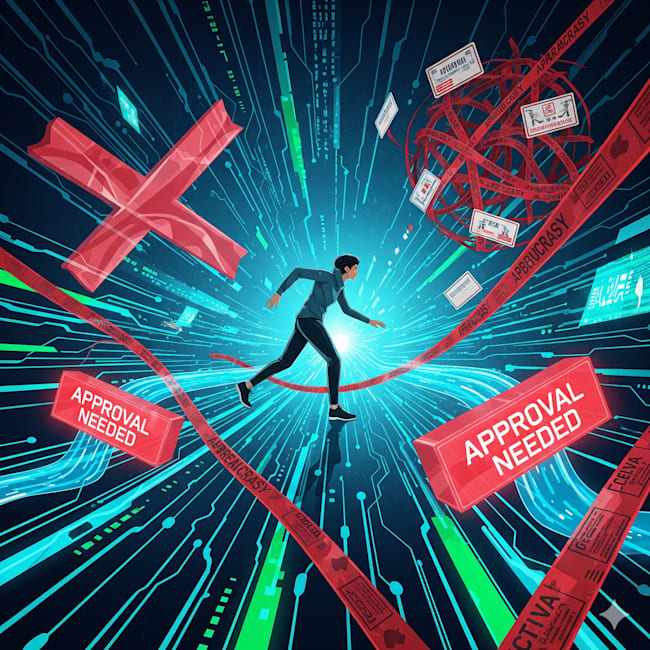🕵️♂️💻 The Cuckoo's Egg - A Lesson In Trust
Based on a LinkedIn post by my friend Shanthanu, I read the book “The Cuckoo’s Egg: Tracking a Spy Through the Maze of Computer Espionage” by Cliff Stoll. It is a fascinating story about how a lone astrophysicist at UC Berkeley was able to track and identify a hacker.

The story is incredible for the sheer dedication and grit shown by Cliff. It is also filled with insights into how systems worked in the early era of the Internet.
However, what stood out for me was Cliff’s personal journey:
- His political leanings shift from purely liberal to much more conservative center-right affiliations.
- His attitude toward hackers changes from viewing them as free-form agents of simple curiosity to seeing them as malicious burglars.

Change in Politics
Early Attitude
Cliff is a free-spirited astrophysicist at UC Berkeley. He is skeptical of authority, critical of bureaucracy, and hates rules.
The Hacker Hunt
During the early to middle part of the book, when Cliff is monitoring the hacker’s activities, he observes the hacker easily accessing military networks. He sees that the idea of openness is clearly being exploited. Although he encounters red tape in getting authorities involved, he starts to understand the need for security governance and guardrails.
Frustration with Bureaucracy
Toward the later middle section of the book, Cliff hits roadblocks due to inter-agency issues. He feels frustrated that his alarms are falling on deaf ears. However, he also starts to work within the system. This makes him develop respect for how well the rules hold true. For example, one agency knows how to help but cannot because the hack is occurring within the US and not outside the country.
Cliff starts to maintain a detailed log, recording each occurrence and each activity undertaken by the hacker. He turns into a bureaucrat!
Collaboration
Eventually, the authorities start to take Cliff seriously. He notices network passwords are changed. Guardrails are put up. He is able to work collaboratively between telecom companies in multiple countries and get support and guidance from multiple agencies.
He finally realizes that while bureaucracies can be slow, they exist for a reason—checks and balances of power with clearly defined zones of responsibility.
Hackers: From Irritants to Weeds
Cliff starts out feeling a sense of admiration for hackers—people who explore boundaries and identify interesting ways to subvert systems. However, his attitude starts to shift. He explains his shift with very interesting analogies:
- Car mechanics have the ability to break into cars, but they don’t. Having technical skills doesn’t automatically grant permission to use those skills destructively.
- If a robber were to break in, rummage through a house, and leave without stealing anything, we’d still feel violated. The act of trespassing is the crime.
By the end of the book, he is clearly in awe but also saddened and angered by hackers who illegally gain access. He feels this violates trust and leads to harder controls, which makes the openness of the web break down. In game theory, this is akin to the tragedy of the commons.
